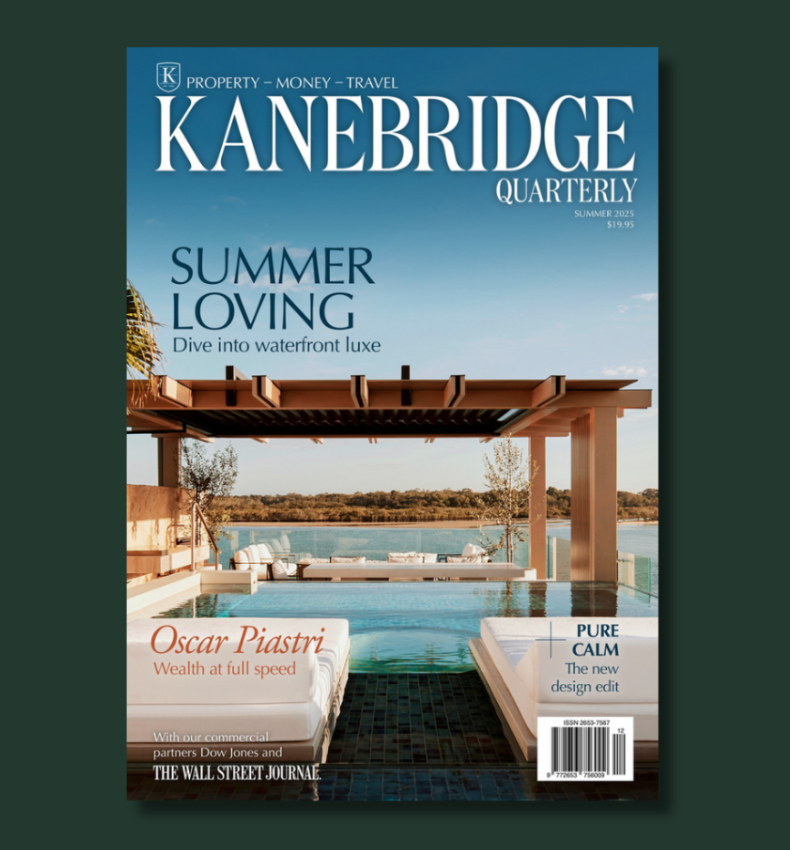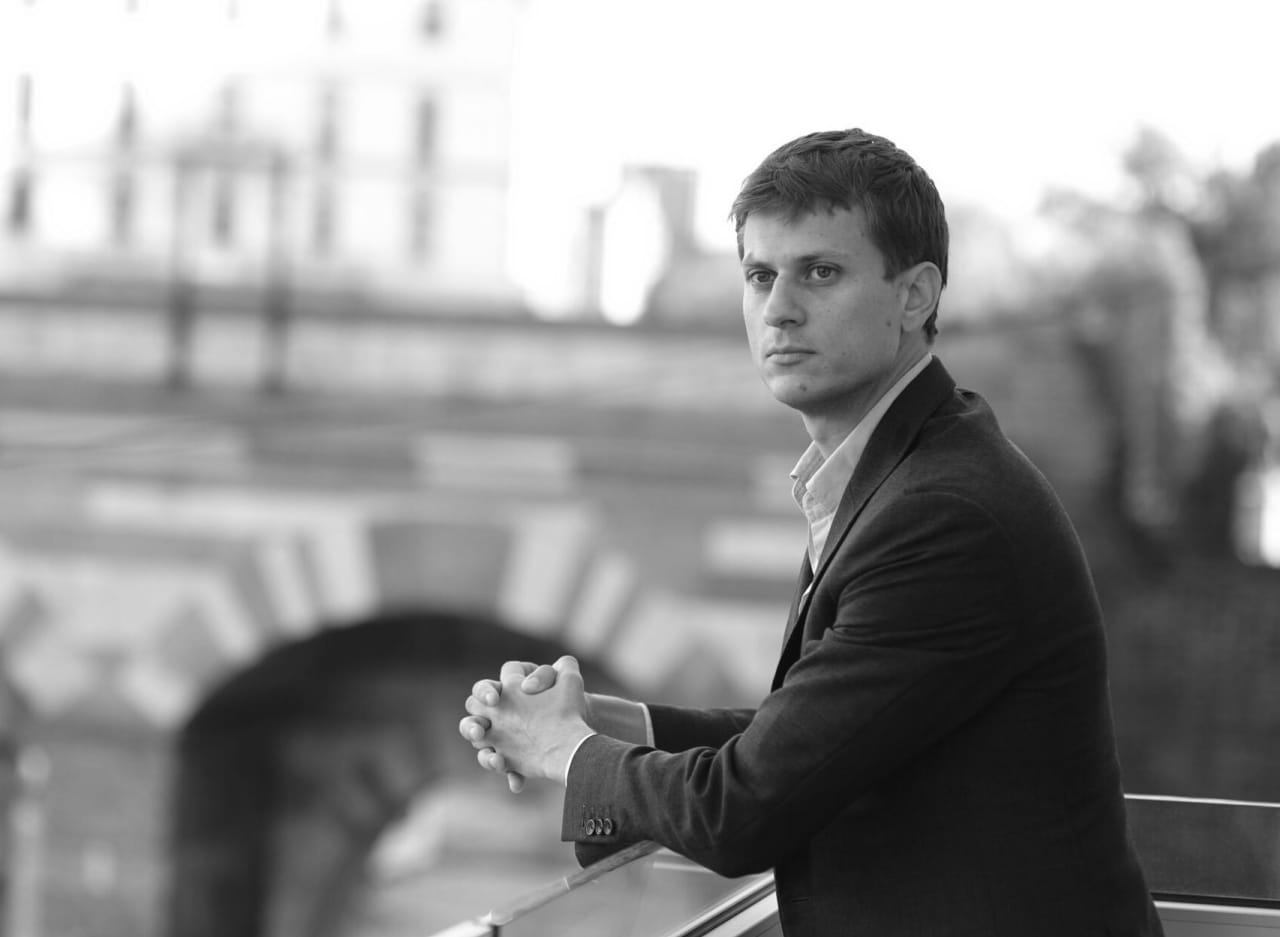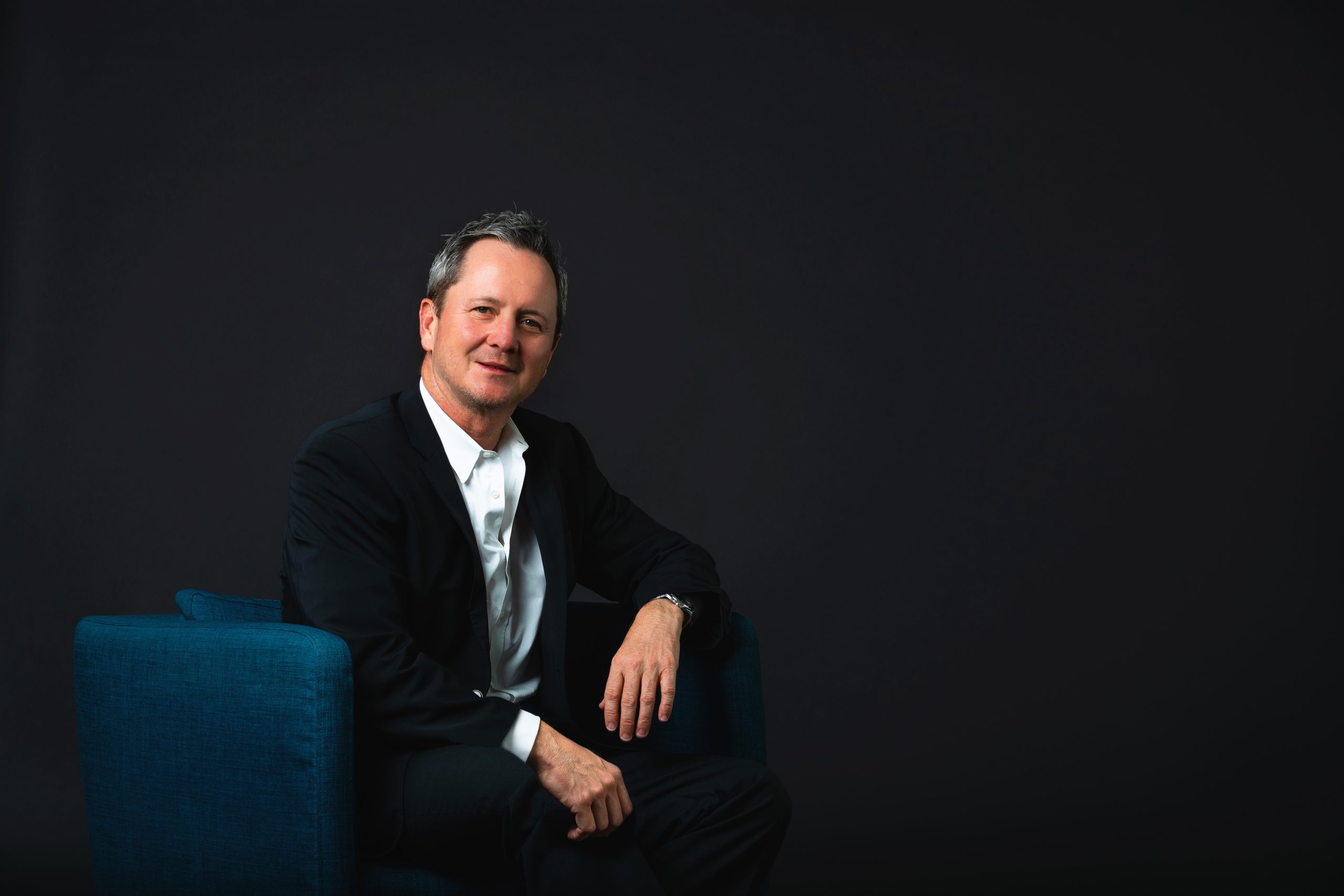Charles Forte on Carving His Own Path in the Family Hotel Business
There’s a tradition in the Forte family of starting on the lowest rungs of the hospitality ladder and working their way up.
In 1911, Rocco Forte emigrated from Italy to Scotland to open a cafe that would mark the first hospitality establishment in the namesake family business. He would go on to open several more restaurants in the U.K., which his son would continue to grow.
Although the hotel group has ebbed and flowed through the decades, it finds itself in a new era with all three adult members of the current generation working for the company.
Charles Forte, 32, is one of those three and followed in the steps of his grandfather by starting in hospitality service. At age 15, he was a waiter at London’s Brown’s Hotel—owned by Rocco Forte Hotels since 2003—and has worked in almost every area of the hotel and restaurant industry since.
Today, he is the group’s director of development, responsible for steering external partnerships and capital investments.
“My role is to find new opportunities and develop ourselves on a much smaller scale,” he says.
In January, Saudi Arabia’s PIF sovereign wealth fund took a 49% investment stake in Rocco Forte Hotels—a deal Charles helped complete. He says that the investment will help guide the group’s next growth phase, which includes a target of three hotels per year and expansion in the Middle East, among other regions. Through 2027, the group is opening four new properties in Italy and working on a project in Marrakesh, Morocco.
The family’s roots are Italian and that’s where many of the group’s most notable properties reside, although according to Charles, more than 40% of the company’s business is within the U.S.
Alongside his two sisters Lydia and Irene, Charles is connecting the Forte name to a new generation of luxury travellers through partnership deals with brands like the Macallan and smaller, longer-term property builds in Italy and elsewhere.
Penta caught up with Forte by phone from his office in London.
PENTA: Do you think working in a family business brings more challenges or opportunities?
Charles Forte: Being in a family business like this affords opportunities you wouldn’t have otherwise. My sisters and I worked in all the different departments of the hotels, and I realistically always wanted to join the business. At other times, I did want to be a filmmaker, but I wanted to be a part of the family legacy. My dad is a good mentor and I’ve never really looked back.
How do you differentiate yourself in an extremely competitive luxury hotel market?
It’s very challenging to differentiate ourselves. Sometimes I struggle to differentiate between us and other luxury brands because a lot of the products are very similar. There’s an international luxury aesthetic that’s very copy and paste, and a lot of the bigger guys are trying to create new brands within their own stable of brands. Our hotels are very design-oriented and not so traditional, for example.
What differentiates us is the family aspect. There’s a real family behind this, and it creates value in our brand. We have this “quiet luxury” aesthetic.
MORE: U.S. Renews Program to Root out Money Laundering in Real Estate Ahead of Larger Crackdown
What is your philosophy on hotel partnerships? Do you find yourself chasing partnerships with big-name brands to stay on par with your competitors?
Partnerships have value if they have relevance and the partner is relevant to the destination. We don’t chase partnerships because if we did, it would mean that something is missing from the hotel. These partnerships should be organic. I’m excited because we recently brought in a new director of marketing who worked at Six Senses, and that will help us do more meaningful and special collaborations and partnerships.
Do you think that’s creating more appeal for Rocco Forte Hotels among the younger generation of luxury travellers?
There’s a broad range of pace in this space, considering how competitive the operator landscape has become. We’re finding that younger travellers aren’t geared towards any specific trend. I think we’re slightly more classic in appeal. We’re not ostentatious. There’s no substitute for beautiful design and great service—we’re not looking to reinvent the world. Depending on which hotel they visit, some people know us as a brand, others as a specific independent hotel, and we’d like consumers to know which brand is behind the property.
In August, we opened Rocco Forte House Milan, which features more longer-stay keys, where stays can be two weeks, a month or a year. We’re finding that’s something more travellers want and we can build a nice client base for those who want longer stays.
This article has been edited for length and clarity.
 Copyright 2020, Dow Jones & Company, Inc. All Rights Reserved Worldwide. LEARN MORE
Copyright 2020, Dow Jones & Company, Inc. All Rights Reserved Worldwide. LEARN MORE
A long-standing cultural cruise and a new expedition-style offering will soon operate side by side in French Polynesia.
The pandemic-fuelled love affair with casual footwear is fading, with Bank of America warning the downturn shows no sign of easing.
The pandemic-fuelled love affair with casual footwear is fading, with Bank of America warning the downturn shows no sign of easing.
The boom in casual footware ushered in by the pandemic has ended, a potential problem for companies such as Adidas that benefited from the shift to less formal clothing, Bank of America says.
The casual footwear business has been on the ropes since mid-2023 as people began returning to office.
Analyst Thierry Cota wrote that while most downcycles have lasted one to two years over the past two decades or so, the current one is different.
It “shows no sign of abating” and there is “no turning point in sight,” he said.
Adidas and Nike alone account for almost 60% of revenue in the casual footwear industry, Cota estimated, so the sector’s slower growth could be especially painful for them as opposed to brands that have a stronger performance-shoe segment. Adidas may just have it worse than Nike.
Cota downgraded Adidas stock to Underperform from Buy on Tuesday and slashed his target for the stock price to €160 (about $187) from €213. He doesn’t have a rating for Nike stock.
Shares of Adidas listed on the German stock exchange fell 4.5% Tuesday to €162.25. Nike stock was down 1.2%.
Adidas didn’t immediately respond to a request for comment.
Cota sees trouble for Adidas both in the short and long term.
Adidas’ lifestyle segment, which includes the Gazelles and Sambas brands, has been one of the company’s fastest-growing business, but there are signs growth is waning.
Lifestyle sales increased at a 10% annual pace in Adidas’ third quarter, down from 13% in the second quarter.
The analyst now predicts Adidas’ organic sales will grow by a 5% annual rate starting in 2027, down from his prior forecast of 7.5%.
The slower revenue growth will likewise weigh on profitability, Cota said, predicting that margins on earnings before interest and taxes will decline back toward the company’s long-term average after several quarters of outperforming. That could result in a cut to earnings per share.
Adidas stock had a rough 2025. Shares shed 33% in the past 12 months, weighed down by investor concerns over how tariffs, slowing demand, and increased competition would affect revenue growth.
Nike stock fell 9% throughout the period, reflecting both the company’s struggles with demand and optimism over a turnaround plan CEO Elliott Hill rolled out in late 2024.
Investors’ confidence has faded following Nike’s December earnings report, which suggested that a sustained recovery is still several quarters away. Just how many remains anyone’s guess.
But if Adidas’ challenges continue, as Cota believes they will, it could open up some space for Nike to claw back any market share it lost to its rival.
Investors should keep in mind, however, that the field has grown increasingly crowded in the past five years. Upstarts such as On Holding and Hoka also present a formidable challenge to the sector’s legacy brands.
Shares of On and Deckers Outdoor , Hoka’s parent company, fell 11% and 48%, respectively, in 2025, but analysts are upbeat about both companies’ fundamentals as the new year begins.
The battle of the sneakers is just getting started.
An opulent Ryde home, packed with cinema, pool, sauna and more, is hitting the auction block with a $1 reserve.
The pandemic-fuelled love affair with casual footwear is fading, with Bank of America warning the downturn shows no sign of easing.





















